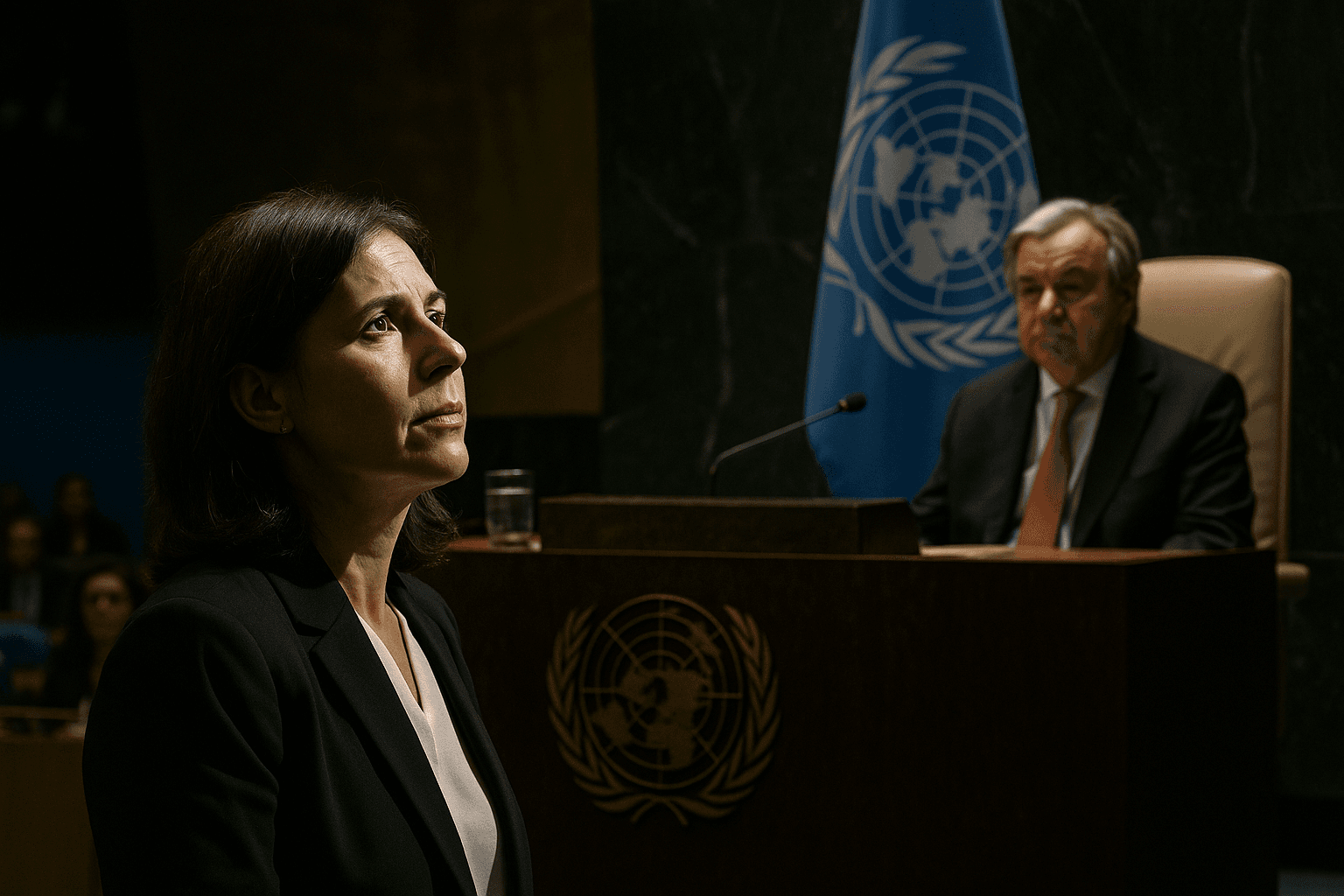U.N. Begins Open Contest to Replace Guterres, Urges Gender Balance
The United Nations on November 25 invited member states to nominate candidates to succeed Antonio Guterres, setting a process that will install a new secretary general on January 1, 2027. The Security Council and General Assembly together urged gender balance and regional diversity as the race opens, a move with large implications for global diplomacy and the U.N. ability to confront mounting crises.

The United Nations formally opened the process to choose its next secretary general on November 25, inviting member states to put forward candidates who will compete to lead the organization from January 1, 2027. In a joint letter the Security Council and General Assembly asked nations to consider gender balance and regional diversity, a pointed appeal as the world prepares to select someone for a post that has never been held by a woman.
The selection mechanism remains the same under the U.N. Charter. The Security Council will review nominations and recommend a single candidate to the 193 member General Assembly, which will then appoint the secretary general. The choice in the Council is subject to agreement among its five permanent members, a reality that places great power politics at the center of the outcome and gives the United States, Russia, China, France and the United Kingdom final leverage over the recommendation.
Publicly declared contenders already reflect a strong presence from Latin America. Former Chilean president Michelle Bachelet, former Costa Rican vice president Rebeca Grynspan and Argentine diplomat Rafael Grossi have all signaled their candidacies, each bringing international profiles that will be tested against expectations for gender parity and geographical representation. Their early declarations underscore how national leaders and senior international officials are preparing campaigns that must both sell experience to peers and navigate complex geopolitical fault lines.
The joint invitation to nominate candidates closes a procedural gap and launches what diplomats expect to be a carefully managed period of consultations and regional lobbying. The call for gender balance is an explicit acknowledgment of longstanding criticism that senior United Nations offices have not reflected global diversity, and it strengthens arguments by member states and civil society groups pressing for historic change at the top of the institution.

Beyond questions of representation, the selection will shape the organization s strategic direction at a time of profound global stress. The next secretary general will confront simultaneous challenges from climate driven disasters, protracted conflicts, humanitarian crises, and a fracturing multilateral order. Member states will weigh candidates on their capacity to broker ceasefires, mobilize resources, defend human rights, and preserve the U.N. role in international law and norm setting.
The prominence of the permanent Security Council members in the final decision means the process will be closely watched for signs of cooperation or confrontation among the major powers. A consensus candidate could signal a pragmatic détente on shared priorities, while a contested outcome could expose enduring divisions over the U.N. mandate and its enforcement.
As nominations open, regional groupings and civil society organizations are expected to intensify advocacy for an inclusive and transparent process, arguing that the legitimacy of the next secretary general will depend as much on wide member state support as on formal votes. With the selection timeline now public, the months ahead will reveal whether the United Nations can translate rhetorical commitments to gender and regional balance into a real change at the top of the world s preeminent diplomatic body.

